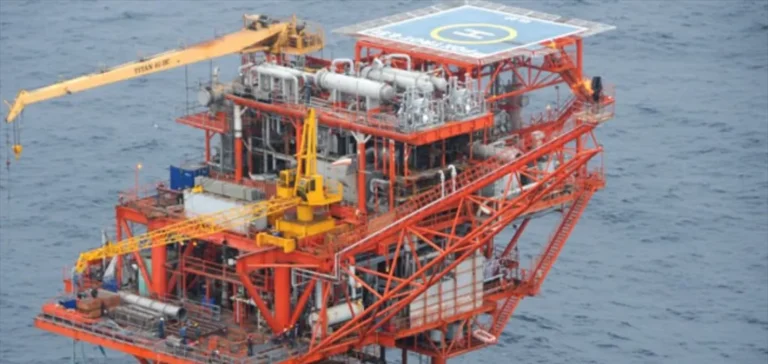As Africa continues to face a major energy deficit, some local initiatives reflect a structural shift in the management of natural resources. In Nigeria, oil production at the OML 17 block doubled in just 100 days under national leadership, achieving a 99.8% reconciliation rate in an area historically affected by losses and operational irregularities.
A model of efficiency and transparency
OML 17, considered one of the country’s most complex onshore assets, has become a benchmark in energy management. Under local teams’ supervision, every barrel extracted was delivered to the terminal, while the associated gas was fully integrated into the domestic network, supplying Nigerian households and industries. These results were achieved without major foreign capital inflows or international expertise, but through a strategy focused on accountability and transparency.
The model developed at this site illustrates African operators’ capacity to maximise the value of existing assets by optimising processes, improving flow controls, and reducing losses. These outcomes pave the way for replicating the model in other producing countries in Central and Southern Africa, including the Republic of the Congo, Angola, and Gabon.
Prospects for African public investment
Around 600 million Africans remain without electricity, including 85 million in Nigeria, the continent’s leading oil producer. Despite abundant natural gas reserves, the historical reliance on foreign investment has limited African states’ ability to efficiently exploit their resources. The operational success of OML 17 underlines the importance of strong local leadership and increased control over public energy infrastructure.
To meet targets set for 2030, the continent will require approximately $2tn in energy infrastructure investments. Public and institutional investors are increasingly focused on the quality of local governance, transparency mechanisms, and performance indicators that ensure project viability.
A turning point for energy sovereignty
Nigeria’s case demonstrates that a locally driven approach can durably transform national asset performance. By placing energy management under African control and involving local communities in operational programmes, the country is reinforcing institutional credibility and attracting new forms of public investment.
The success of OML 17 highlights the growing maturity of the African energy sector. It underscores the potential of an autonomous development model, where resources, technical skills, and local governance converge to support sustainable growth and strengthen the continent’s energy independence.






















